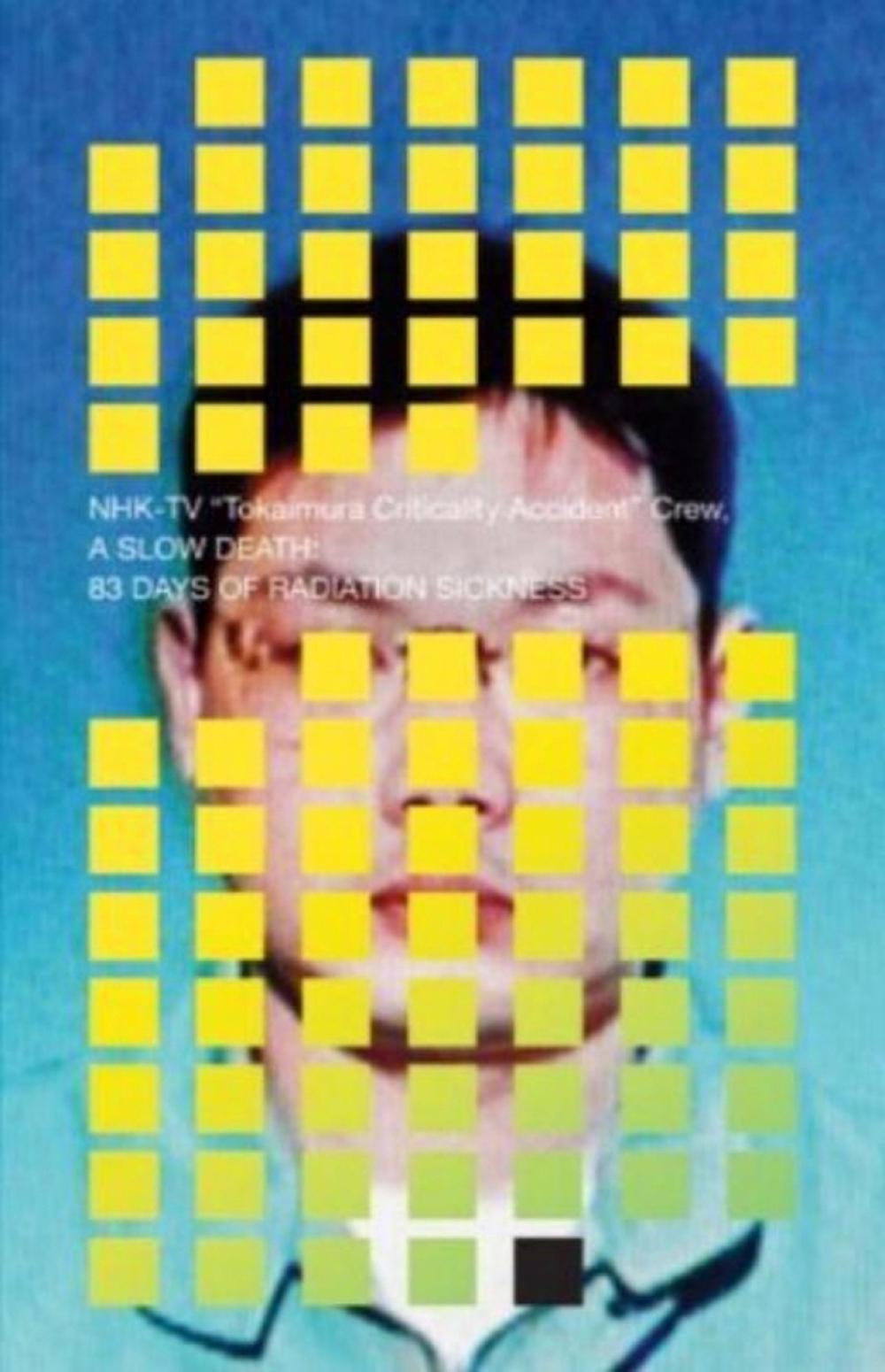
A Slow Death: 83 Days of Radiation Sickness
83 Days of Radiation Sickness
$27.07
- Paperback
160 pages
- Release Date
8 December 2015
Summary
This book is the print version of a documentary made by the Japanese public broadcaster NHK following the intensive treatment and eventual death of one of the workers who was involved in a critical accident at the Tokaimura nuclear fuel preparation plant in September of 1999.
Book Details
| ISBN-13: | 9781942993544 |
|---|---|
| ISBN-10: | 1942993544 |
| Author: | Nhk Tv |
| Publisher: | Vertical |
| Imprint: | Vertical, Inc. |
| Format: | Paperback |
| Number of Pages: | 160 |
| Release Date: | 8 December 2015 |
| Weight: | 204g |
| Dimensions: | 10mm x 140mm x 213mm |
You Can Find This Book In
What They're Saying
Critics Review
“Stylistically resembling a fictional narrative, this grim chronicle of Ouchi’s deterioration demonstrates the humanity and pyschology of the medical profession in extreme situations. In that sense, it s an interesting companion to [Osamu Tezuka’s] Black Jack manga. Think of it as such a nightmarish episode of House that as a result of watching it you resolve never to tune into the series again.” –Firefox News
“Harnessing the atom’s energy can help, even save, mankind or lead to its destruction. This is the sad, cautionary tale of things gone awry, a noble effort by Japanese physicians to save Mr. Ouchi’s life and of our limited ability to deal with the consequences of mistakes in this arena.” –Robert Peter Gale, M.D., Ph.D., D.Sc., F.A.C.P. (Hon), UCLA Medical Center “Radiation injuries are potentially complex, often involving a combination of different types of radiation energy. The Tokaimura accident reminds us of these complexities as well as the importance of accurate information flow from the site of the incident to the healthcare provideer in the hospital. New knowledge was gained regarding optimal management of acute radiation toxicity.” –Nicholas Dainiak, M.D., F.A.C.P. Yale University School of Medicine Chairman of Medicine, Bridgeport Hospital
BEST OF 2008 – The Japan Times
“A brave account of corporate greed and scientific expertise”
About The Author
Nhk Tv
NHK (Nippon Hoso Kyokai) or Japan Broadcasting Corporation is Japan’s public broadcaster. This book is an original television documentary–under the same name–produced by NHK, which aired in May 2001. The documentary won the Gold Nymph Award–the highest award possible–at the 42nd Monte Carlo Television Festival in 2002.
Returns
This item is eligible for free returns within 30 days of delivery. See our returns policy for further details.




